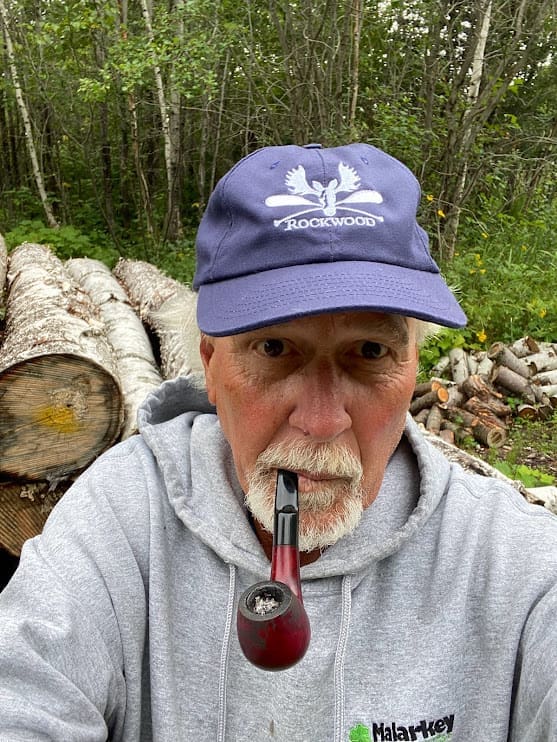It still amazes me that many people share my experiences growing up with insecurities, fears, and unresolved questions. It makes me think I’m not unique after all. We have more in common than we know, which could explain the popularity of “coming of age” stories in books and movies.
Mostly, those insecurities and fears follow us throughout our lives.
How many of us didn’t feel sick to our stomach on the day we needed to present our science or art project in front of a classroom of kids who were all cooler, brighter, and better dressed than we were? Not to mention a scowling teacher ready to cruelly humiliate us further by asking questions we didn’t know the answer to.
Fast-forward to adulthood, and you’re asked to speak in front of a group of people. Fear of public speaking is one of the most common fears in the world, and I bet it’s because of what we endured with knotted stomachs and active bladders forced to present something to a class in sixth grade.
I was a middle-of-the-pack geek in the 1960s. Not cool enough for the jocks and girls, too cool for some others. Stuck in the middle, I lived a more solitary existence.
The WWII Master Sergeant (Dad) kept my haircut short and wouldn’t let me have a motorcycle when I came of age. He made sure I didn’t fit in the cool crowd. Playing alto saxophone in the school band was okay, but not blowing my horn in a band with the cool kids— too much long hair in that crowd.
My mom often told me, “Don’t get too big for your britches, young man.” She grew up during the Great Depression and once reminded me, “Your grandpa could get by for a week with six sheets of toilet paper, so don’t complain about what you don’t have.”
Most of my wardrobe back then was used by older cousins. My first “big-boy” bike started life under cousin Shorty from Crosslake. I was condemned to geekhood.
Mom was a repository of anxiety throughout her life. Convinced that good stuff was for other people, not herself, she was pretty content that I didn’t want to join the Scouts, go to church camp, or play hockey or football. She wasn’t horrid. She fully endorsed my love for the only true game, baseball. She loved it, too.
In addition, she was deathly afraid of Communism. She wanted blacks to cool off and be more patient regarding Civil Rights. And she feared every disease featured in Reader’s Digest magazine, clipping articles to bring on her next doctor visit.
She tried to instill in me the sense that “we” are people who are undeserving of the good things in life and that staying humble, maybe unseen, was my future.
This column germinated from my decades-old addled brain after a recent run-in with a few people who said they read and liked my columns. They even look forward to getting the Journal each week because I might have written something worth reading. I don’t always, but they seem willing to hope. No matter who you are, it feels good when your work is appreciated.
I’ve come a long way since Mom told me to stay in my britches. I’ve spoken in front of groups of people, some large and angry, without crossing my legs or shaking too badly. I even spent an afternoon telling former President Bill Clinton what to do. He didn’t do most of it, but Mom was impressed that I’d gotten that far out of my britches.
I’m deeply grateful that this newspaper has published The Long Way Home for over two years. I’m humbled that some readers have taken the time to reach out. My early years of feeling inferior are always ready to remind me to stay humble.



